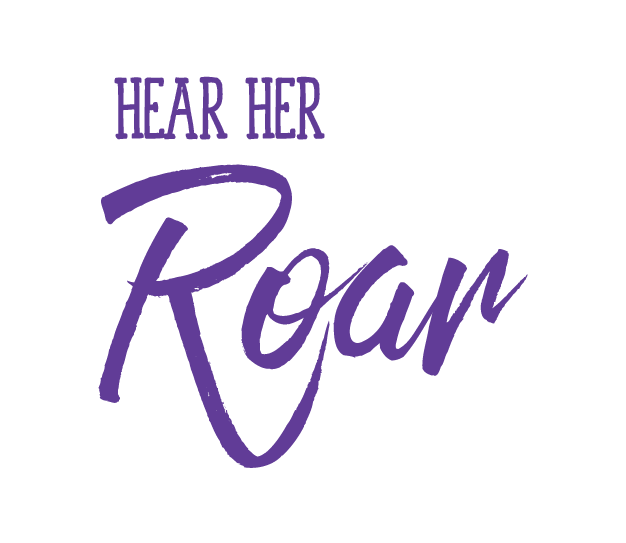Conquering Your Inner Misogynist
Let’s talk about misogyny.
Specifically, I want to talk about the inner misogynist that many female leaders harbor without even knowing it.
This might be a tough read. But I believe it’s a necessary one, as it will support you in being the leader that you say you want to be. Especially if you have a commitment to raising up other female leaders.
So, what do I mean by “inner misogynist”?
In my experience, people have a common misconception that men will inherently be more misogynistic than women. That because women are women, and they would never display any sort of judgment or hatred against their own gender… right?
That’s just not true. In actuality, misogyny has created its deepest wounds in women. And as a result, many women walk around creating attacks and defenses towards other women in response to these wounds. In doing so, we become the biggest persecutors of other women.
I experienced this for myself when I first graduated college. I accept a job at a company started by a woman because I thought she would be my mentor. That was not the case. She had been raised in a patriarchal corporate setting that taught her there was only room for one woman at the table. I found that she was my biggest critic and the one who was quickest to tear me down. I intimidated and threatened her perceived safety based on how she had internalized women “should be” within an organization.
I don’t think my story is unique. All women, especially leaders, unintentionally harbor inner misogynists inside of us. Even those of us who are self-proclaimed feminists.
I have had to reconcile with my own inner misogynist.
When I was a kid, I faced a lot of bullying for how I looked. I wasn’t skinny enough. I wasn’t pretty enough. I didn’t wear many girly clothes. I tried too hard to “be like a boy” in gym class. The way I tried to compensate for this bullying was by telling myself, “Well, this is the kind of girl I want to be. So, if you’re one of those girly girls, you’re the problem.” I rejected femininity. In doing so, I unknowingly carried this interpretation that being a certain kind of woman was wrong.
It took coaching and healing work to dismantle that expectation I was placing on women—that if they were feminine, they weren’t powerful enough. This was my own inner misogynist speaking.
I invite you to consider – especially if you are a female leader – what are the unintentional stories you have held onto about women? What’s the impact of those stories when you try to lead them, serve them, or raise them up with you?
You may have experienced bullying from girls, and internalized that women are dangerous and can’t be trusted. Or you may have witnessed a mother, sister, or grandmother in positions where they were victims, and internalized that women are fragile and you have to tiptoe around them.
These are just two examples. If they don’t resonate, keep looking. You’ll find one.
If you have a commitment to emerging and inclusive styles of leadership, consider this a requirement. You cannot break the old modes of leadership if you do not take ownership of how you unconsciously perpetuate them.

